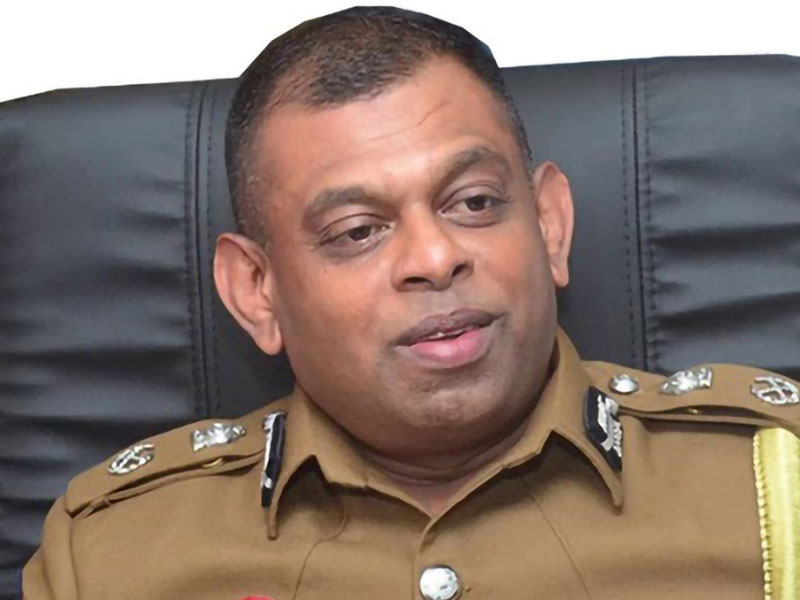A number of social media activist have reacted to the news of the Supreme Court ruling in which Acting IGP Deshabandu Tennakoon and three other police officers were to pay a compensation of Rs. 2 million out of their personal funds to an individual for violating his fundamental rights.
The discussion on social media is about the suitability of someone who has been found guilty of human rights violations to give leadership to the police. Many have also questioned the actions of the constitutional council in its decision to endorse Deshabandu Tennakoon’s appointment as acting IGP while a fundamental rights petition was pending in court
W. Ranjith Sumangala said to courts that he was tortured while being illegally detained at the Mirihana Police Station.in 2011
The Supreme Court held that four police officers, including Acting IGP Deshabandu Tennakoon, have violated the fundamental rights of the petitioner, and in addition, a private party, Ajith Wanasundera (a retired Sergeant Major of the Army), who was involved in the matter, was required to pay compensation.
Now the National Police Commission has been ordered to take disciplinary action against Deshabandu Tennakoon and others, and the state has been directed to pay a compensation of Rs 100,000 to the petitioner.
The court previously heard that the offenders attempted to influence Ranjith Sumangala to withdraw the petition.
Police officer Bandara, IP Bhathiya Jayasinghe, Officer-In-Charge Emergency Unit of Mirihana Police, Chief Inspector, Egodahewa, Headquarters Inspector of Mirihana Police, Superintendent of Police,and the Inspector General of Police, Dr. Mahinda Balasuriaya, and the Attorney General were named as respondents in this case,other than Deshabandu Thenakoon.
The eas informed that W. Ranjith Sumanagala of Kindelpitiya, Millewa, was forced to falsely admit to a series of robberies as he could not bear the inhuman torture subjected to him. Counsel Viran Corea also informed the court that, in addition to cruel, inhuman, and degrading treatment, the police unlawfully detained the victim and had misled the magistrate by producing him four days after his original arrest.
The medical examination revealed more than fifteen physical injuries, including damage to his nervous system, which were identified by the JMO.







